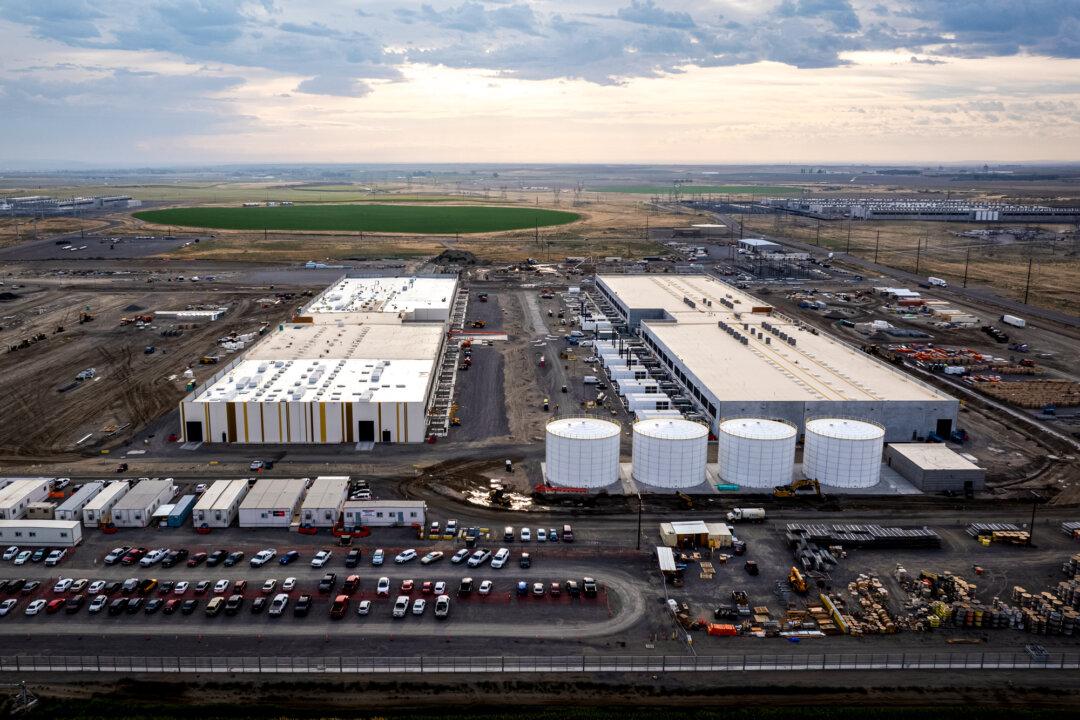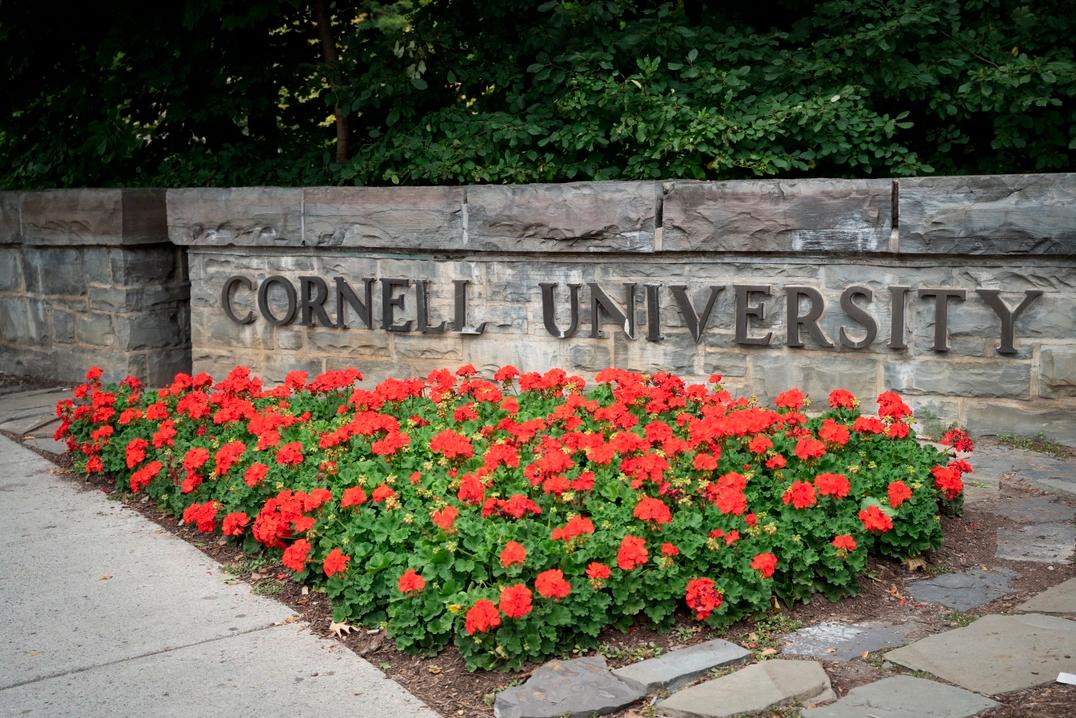A series of climate bills now before the Oregon legislature could devastate rural communities and further fuel inflation, according to detractors.
The bills would phase out petroleum-based diesel fuel, levy sweeping new taxes on tires and off-road agriculture equipment, and place a moratorium on new and existing dairy and poultry farms, the majority of which are family owned and operated.
The farm moratorium “would magnify the strain on our food supply chain and further drive up costs for milk, chicken, eggs, beef, and pork,” wrote Republican state Rep. Cyrus Javadi, whose district on the northern Oregon coast has a timber, agriculture and dairy-based economy.
“Without diesel, we can’t provide the lumber and materials necessary to meet Governor Kotek’s homeless state of emergency declaration to build 30,000 new homes,” testified Angelita Sanchez before the Committee of Environment and Energy on March 9. Sanchez is co-director of Timber Unity, a natural resources PAC with 60,000 members.
If these policies are enacted, she fears they will create a break in the supply chain while raising the cost of goods and services to astronomical levels.
If It Moves, Tax It!
House Bill 3158, the “Clean Diesel Engine Tax” would levy a suite of new taxes on off-road machinery, such as that used in farming and logging.
Taxes would apply to sales and rentals of off-road machinery, tires, and the dyed diesel fuel used to power farm and other heavy equipment.
The bill also includes a “privilege tax” for engaging in the business of providing off-road diesel equipment and heavy duty vehicles.
The Oregon Farm Bureau (OFB) opposes HB3158 because it taxes “virtually every piece of equipment” that’s used in agriculture, as well as the fuel and tires needed to run it, at a time of rising inflation and other financial stressors.
It also burdens rural businesses with the cost of retrofitting trucks in the state’s largest metropolitan area, according to OFB.
Revenues from the tax would transfer to the “Clean Diesel Engine Fund.”
That fund provides grants to retrofit trucks to run on the new “green diesel” or biodiesel, which is required as part of Portland’s plan to phase out the sale of petroleum-based diesel.
Starting in 2024, petroleum diesel available for sale in Portland will be blended with renewable fuels at increasingly higher increments, until 99 percent of the petroleum content is phased out by 2030. The new blend will be called R99. Keeping one percent maintains federal tax credits for blenders and wholesalers.
Light and medium-duty trucks around Portland must be retrofitted to run the new green blend for owners to be able to renew their title and registration.
Until now, retrofit grants have been covered by $73 million from Volkswagen, which agreed to pay state governments $2.9 billion to resolve litigation over the auto company’s emissions violations.
However, the amount requested for upgrades now surpasses the money Oregon has remaining from that deal. That has lawmakers considering new sources of funding.
“Rural communities are not responsible for Portland’s air quality, but HB 3158 puts that responsibility squarely, and inappropriately, on the backs of our members,” the Farm Bureau said in submitted testimony.





